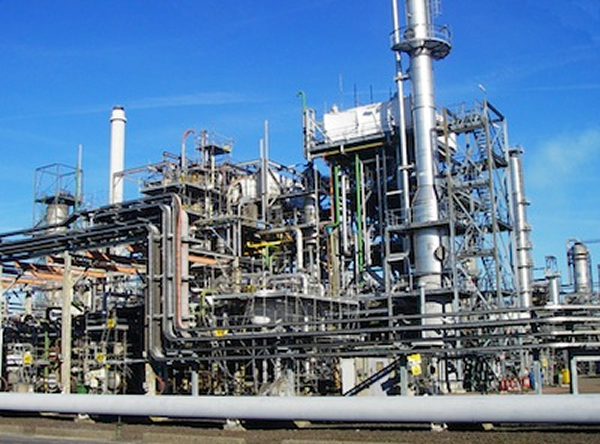After numerous delays, the Port Harcourt Refinery has officially commenced fuel production, marking a significant milestone for Nigeria’s oil sector. The Nigerian National Petroleum Company Limited (NNPC) confirmed the development to our correspondent on Tuesday.
NNPC spokesperson Olufemi Soneye announced that truck loading would begin today. “Port Harcourt Refinery begins production. Truck loading starts today, Tuesday,” Soneye confirmed. In a further update shared on X, the NNPC stated: “NNPC Ltd Delivers Port Harcourt Refinery as plant begins truckout of products today, Tuesday 26th November 2024 at 1.45 pm. Watch the commissioning and trucking-out event LIVE.”
The refinery will initially operate at a capacity of 60,000 barrels per day, producing Premium Motor Spirit (PMS), diesel, and other refined products for the Nigerian market. This makes it the second functional refinery in the country after the Dangote Refinery began PMS production in September 2024.
The Port Harcourt Refinery is one of three owned by the Nigerian government and managed by NNPC. It has been a symbol of hope for many Nigerians, who have long hoped that local refining could reduce fuel prices by ending the country’s dependence on imported refined products. Located in the Niger Delta, the refinery has been in operation since 1965 but had fallen into disrepair for several years.
In March 2021, the Nigerian government secured a $1.5 billion loan for the refurbishment and modernization of the facility. However, the project faced several setbacks, with the refinery missing seven previous promised completion dates.
In an interview with The PUNCH, NNPC’s Olufemi Soneye explained that while the refinery was originally scheduled to complete in September, unforeseen challenges and risks encountered during the rehabilitation delayed the process. As a brownfield project, the revamp faced unique complications. “We began commissioning critical equipment and processing units after achieving mechanical completion several months ago, but, as expected with large-scale projects like this, we faced unforeseen risks,” Soneye said.
Despite these challenges, the refinery is now operational, with the NNPC confirming that all issues have been resolved and commissioning activities have resumed. The hope now is that this development will contribute to stabilizing fuel prices and meeting domestic fuel demand.





























